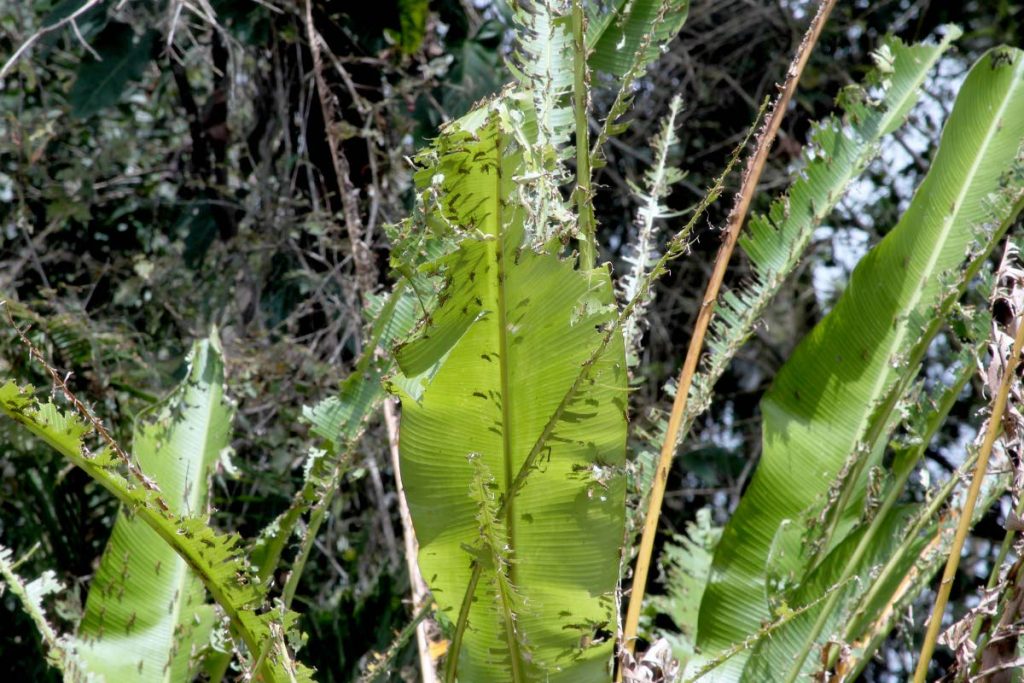Climate change worsens locust invasions

MIA HENDERSON
CLIMATE change and deforestation caused locust infestations to spread throughout the country said Minister of Agriculture, Land and Fisheries Clarence Rambharat.
In the Senate on Tuesday, at Tower D of the Port of Spain International Waterfront Centre, Rambharat shared the ministry's research,
"The Moruga locust was first identified as a pest of national importance in Trinidad in 1815...During 1985 to 1991, locusts were found in the counties of Mayaro and Victoria. In the last decade, locust outbreaks have spread to the non-traditional counties of St Patrick, in the south of Trinidad, to as far north as County Caroni," said Rambharat.
The ministry's research revealed that locusts generally remain in forested areas in southeast Trinidad, affecting crops such as bananas, cocoa, breadfruit, plantain, citrus and cassava.
However, "changes in the weather pattern and unregulated land use, clearing of portions of forests reserves for cultivation and other activities," has seen the increasing frequency of locust invasions in residential areas said Agriculture Minister.
While research is ongoing, Rambharat said his ministry is collaborating with the government of Argentina, which, he said, "has been noted for some level of success in controlling and reducing locust outbreaks and locust-infested areas in their country."

Comments
"Climate change worsens locust invasions"